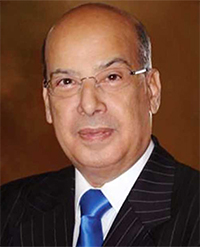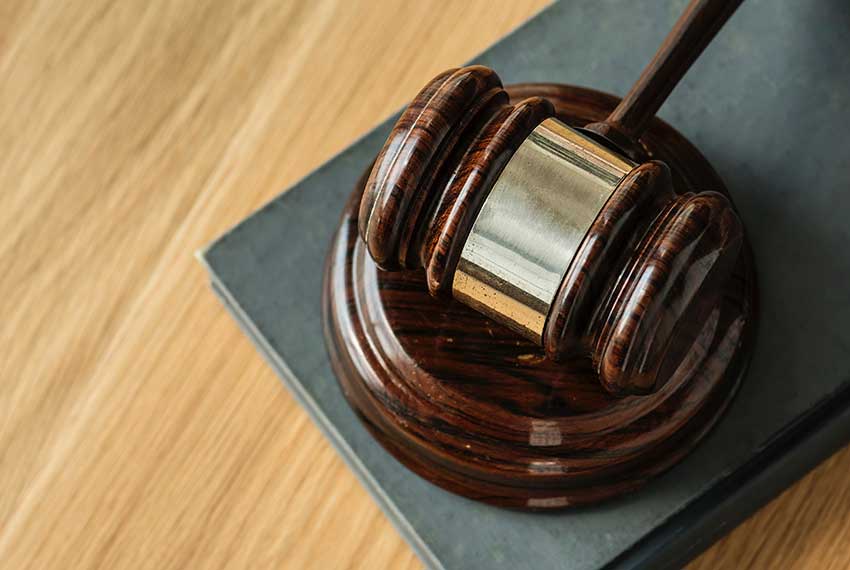
THE United States of America, Canada and the English-speaking countries of the Caribbean together share the deeply-held values of democracy and human rights more than the majority of other countries in the Western hemisphere.
The long history of slavery and indentured bondage in the English-speaking Caribbean, linked to the courageous act of Abraham Lincoln to end slavery in the United States and the immortal recognition in the US Constitution that “all men are created equal”, bind the peoples of the US and the English-speaking Caribbean in jealously safeguarding democracy and human rights.
The kinship, born of that experience, has been unbroken since the US declaration of independence in 1776 even amid occasional differences of opinion on foreign policy, among them the difference that now exists between the US government and some governments of the Caribbean over how to treat the situation in Venezuela.
The similarity between the US, Canada and the English-speaking Caribbean countries, in relation to adherence to democracy, human rights and the rule of law, is manifest in the publication on February 28 of the 2019 Report of The World Justice Project, headquartered in the US Capital, Washington, Caribbean in relation to upholding the Rule of Law.
In a survey of 126 countries, Canada, the United States and several countries of the English-speaking Caribbean ranked highly. Taken as a region, in the Western Hemisphere, Canada, the US, Barbados, St Kitts-Nevis, Antigua and Barbuda, St Vincent and the Grenadines and St Lucia are among the top 10 nations. Uruguay, Costa Rica and Chile were the other three.
The World Justice Project stated that its assessment of adherence to the Rule of Law was based on eight factors. These are identified as: constraints on government powers, absence of corruption, open government, fundamental rights, order and security, regulatory enforcement, civil justice, and criminal justice.
Given this latest evidence of shared values for democracy, human rights and the rule of law between the US, Canada and some Caribbean English-speaking countries, what explains the difference of approach to dealing with the situation in Venezuela?
To begin with, the answer is not any hostility toward the US and Canada by these countries. It is rather deep concern about maintaining the machinery that upholds international law and the rules of international order.
To explain, throughout the 20th Century more than half the world’s sovereign states were victims of a coup d’etat – the overthrow of a government. Sometimes, the government’s overthrow was plotted and executed by elements within the country; but more often than not, the coup was designed and supported by vested-interest forces external to the country.
Of course, these coups occurred only in developing countries which quickly learned the validity of the observation of Tacitus in relation to the Roman Empire: “EvolgatoImperiiArcano -The secret of empire was out – an Emperor could be made elsewhere than in Rome.”
The world has also seen governments removed from office through the influence or direct action of external forces in the first two decades of the 21st Century.
Those toppled governments were replaced by “Emperors” made elsewhere than by the popular will of the people they governed. As it happens, in the absence of settled local consensus, those “selected” governments have either themselves been toppled or their reign has been characterised by political turmoil, stagnating their economies and retarding the development of their societies.
The external intervention in the affairs of these states assaults the fundamental principle that states are “sovereign”, i.e., what happens within a state is the prerogative of the people of that state and their institutions, including their government.
This principle has been the bedrock of international order ever since the 1648 Treaty of Westphalia which ingrained the concept of co-existing sovereign states and established the norm against interference in another state’s domestic affairs. These concepts are central to international law and to the prevailing world order. They have been implanted deeply into the Charters of the United Nations, and the Organisation of American States.
The fear of small states, such as those in the English-speaking Caribbean that differ with the US and Canada on the way to resolve the situation in Venezuela, is that if these fundamental concepts are abandoned, world order will quickly weaken and territorial take over or conquest would resume, triggering confrontations and conflicts between powerful nations as they seek superiority among themselves.
The nations that know this best are the most powerful. That’s why there has been no outright attempt to overthrow the current international system that places the sovereignty of states, however small or large, at the centre of world order.
It is also why powerful governments with a vested interest in other countries have sought to intervene in those countries by other means, such as humanitarian crises. If the intervening governments manage to mobilise popular opinion amongst their own people, and to garner support from other governments, they could fulfil their own interests without seemingly disregarding obligations to the principles of international law and treaties that underpins a peaceful world order.
It is in defense of international law, the international system and of themselves that English-speaking Caribbean governments have expressed their deep concern that humanitarian aid to Venezuela should not be politicised and that “United Nations mechanisms that have been used for years” should be deployed for “impartial and effective delivery of aid”.
If the rule of law is to mean anything within countries, it must be seen to mean something internationally. Values honoured domestically are devalued when they are set aside internationally.
Editor’s note: The writer is Ambassador of Antigua and Barbuda to the United States and the Organisation of American States. He is also a Senior Fellow at the Institute of Commonwealth Studies at the University of London and at Massey College in the University of Toronto.














